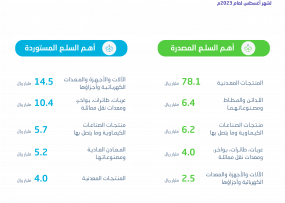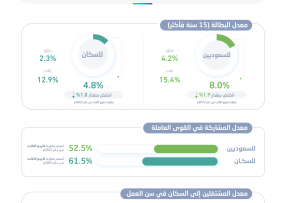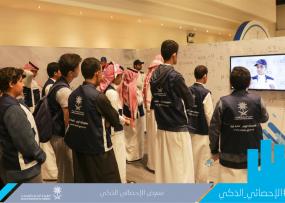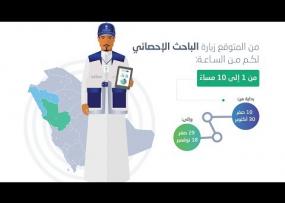Last update 12 / 09 / 2017
Terms and definitions in Industrial Production Survey
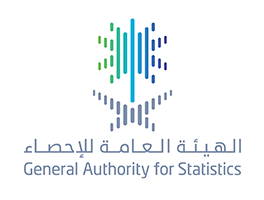
- Establishment:
It is an economic entity with legal personality. It has a fixed location and carries out a certain economic activity. It is owned by one or a group of individuals, company, or semi-government sector. The establishment is the smallest economic unit that may have data on workers, their remunerations, expenditure, income and capital formations. - Economic activity:
All activities performed or services provided by the establishment in return for consideration. Sometimes, the establishment gets nothing in return, such as charities that are financed by donations. The institutional economic activity is classified in accordance with the International Standard Industrial Classification (ISIC REV.4). Minor changes are adopted, though, for purposes of consistency with the institutions operating in KSA. The main activity of each establishment was given, during the survey, a six-digit economic classification code. - Workers: All individuals (Saudis and foreigners) who already work for the establishment with or without pay, as well as the owners, their affiliates and users, whether they are full-timers or part-timers, permanently or temporarily employed, males or females, whether they are paid on a daily, weekly or monthly basis. Workers also include partners and members of joint-stock companies, board chairmen and members, as well as workers on paid vacations.
- Worker compensations:
The due regular amounts paid by the establishment to its workers throughout the year, such as wages and salaries payable in consideration of the normal working hours, fixed bonuses together with all benefits and allowances; e.g., accommodation and social insurance. - Operating Expenses:
All payments made by the establishment to practice an economic activity, whether purchased in the same year or taken from stocks purchased in previous years. - Operating Revenues:
All cash revenues earned by establishment as a result of providing services for consumers, trading in goods in general, or practicing a main activity or other secondary activities, such as the sale and marketing of its products. The operating revenues also include the sales of goods purchased for the purpose of reselling them in in the same condition, daily returns received in return for operations, total revenues of sales of manufactured products, other operating revenues that are not not related to the main economic activity of the establishment but other secondary activities, such as revenues of industrial services and secondary activities, as well as revenues of selling manufacturing wastes and renting buildings, non-agricultural plots and machinery. - Raw Materials:
They refer to production inputs or crude materials used to manufacture products. Such unprocessed materials may be renewable or nonrenewable. - Production: A general term for all activities involved in providing commodities and services by way of converting inputs into outputs. It is defined as the process of manufacturing raw materials to be consumables, such as commodities and services, in order for the establishment to make profit. The production process is also defined as the movement of production elements movement through which the community needs are met. Actually, such operation has many phases starting from manufacturing of raw materials, through to the exchange, ending up with the consumption process.
- Commodities:
They cover tangible merchandise of final consumption purchased by the consumer. They could be divided into durable and non-durable commodities. There is another definition for the commodities as: "a set of benefits obtained by consumers to meet their needs."
Statistical Survey:


